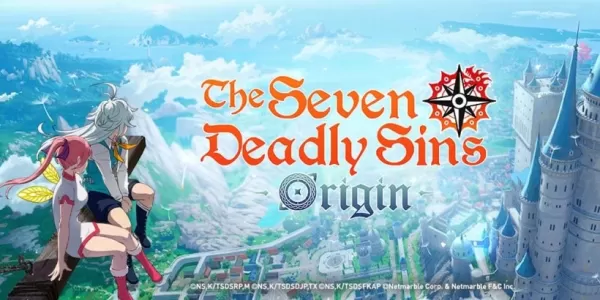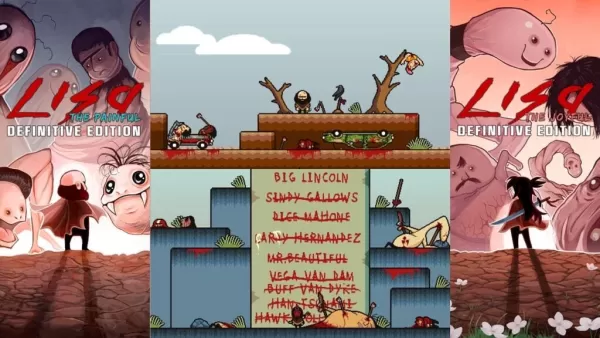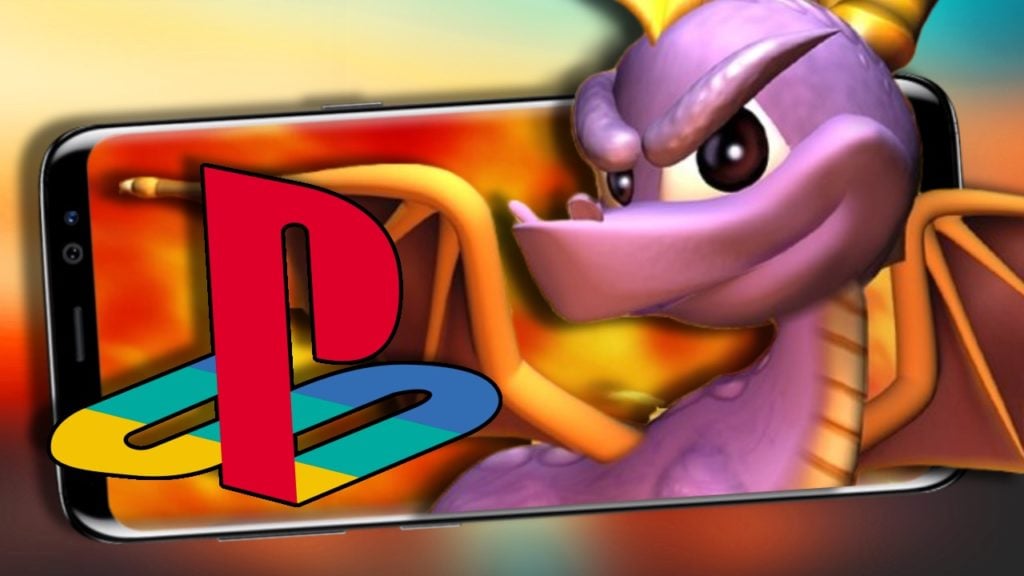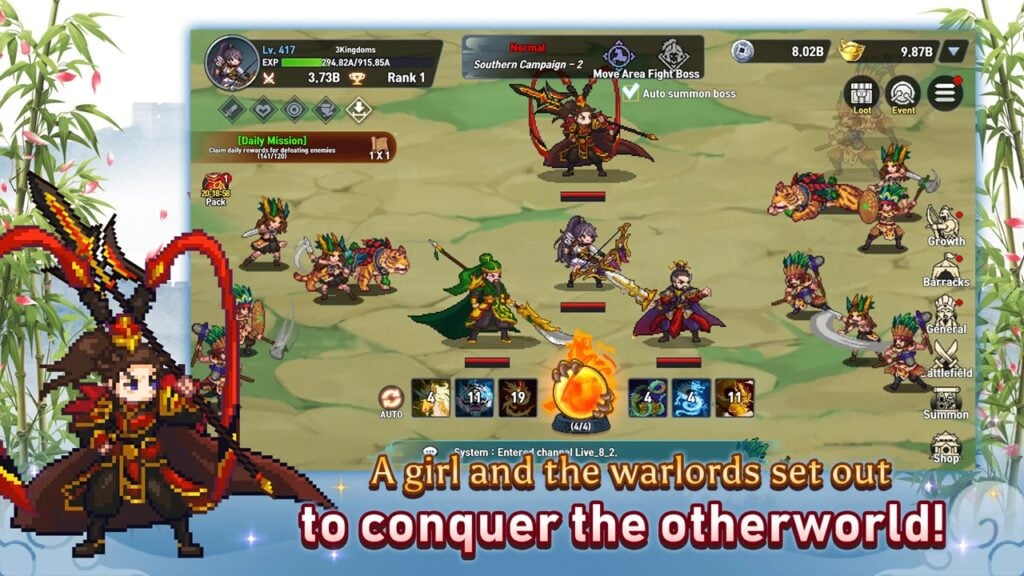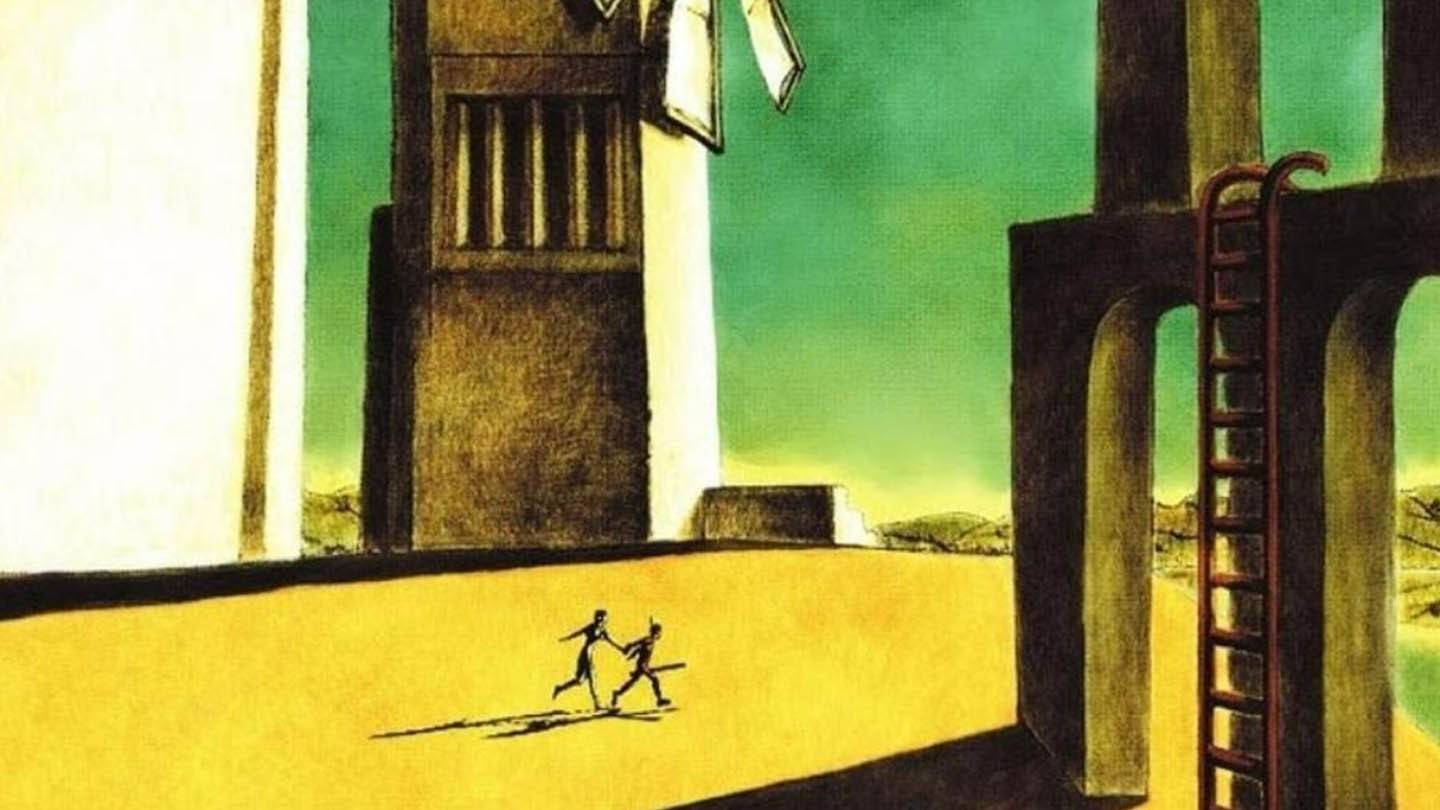
Yoko Taro, the visionary behind critically acclaimed titles such as NieR: Automata and Drakengard, has frequently discussed the profound impact of the game ICO on the video game industry. Launched in 2001 for the PlayStation 2, ICO has since earned a cult following due to its unique minimalist design and its compelling narrative told without words.
Taro has emphasized the revolutionary nature of ICO's central mechanic, where players guide the character Yorda by holding her hand. He noted, "If ICO had tasked you with carrying a suitcase the size of a girl instead, it would have been an incredibly frustrating experience." This innovative approach challenged the conventional gameplay mechanics of its time by requiring players to lead another character, thus redefining interactivity in games.
At the time of ICO's release, successful game design often revolved around maintaining player engagement even when game elements were simplified to basic cubes. However, ICO took a different path by focusing on emotional resonance and thematic depth rather than mechanical innovation alone. Taro believes that ICO demonstrated that art and narrative could be more than just supplementary to gameplay; they could be central to the gaming experience itself.
Labeling ICO as "epoch-making," Taro credits it with significantly altering the course of game development. He applauds the game for showing that video games could convey deep meaning through subtle interactions and atmospheric design.
Beyond ICO, Taro also acknowledges the influence of two other groundbreaking games: Undertale by Toby Fox and LIMBO by Playdead. He argues that these titles have expanded the horizons of interactive media, illustrating that video games can offer rich emotional and intellectual experiences.
For enthusiasts of Yoko Taro's creations, his appreciation for these games provides a glimpse into the inspirations fueling his own projects. It also highlights the continuous evolution of video games as a dynamic and expressive art form.





